This week’s Nonfiction November prompt is hosted by Rennie @ What’s Nonfiction:
Week 3: (November 16-20) – Be The Expert/Ask the Expert/Become the Expert: Three ways to join in this week! You can either share 3 or more books on a single topic that you have read and can recommend (be the expert), you can put the call out for good nonfiction on a specific topic that you have been dying to read (ask the expert), or you can create your own list of books on a topic that you’d like to read (become the expert).
Over the last year, like many others, I’ve been reading more about race. I had already been trying to read more diversely over the last few years, but this summer my reading switched over from memoirs and novels to books that address the topic of race directly.
I read these books in 2020:
- White Fragility by Robin DiAngelo
- So You Want to Talk About Race by Ijeoma Oluo
- How to be an Anti-Racist by Ibram X. Kendi
- The Fire Next Time by James Baldwin
- The Fire This Time: A New Generation Speaks About Race edited by Jesmyn Ward
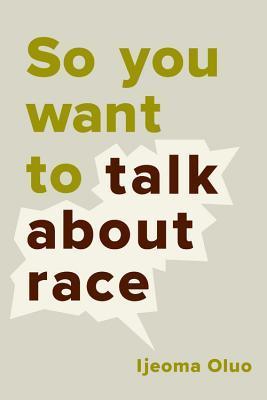
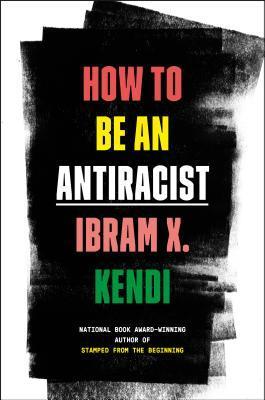
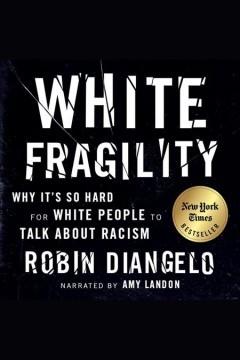
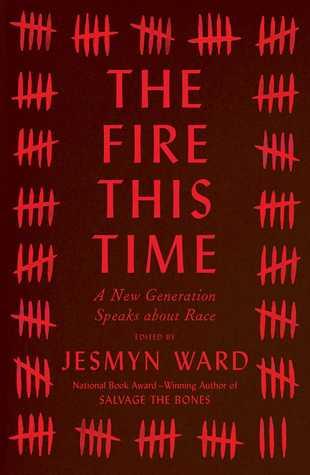
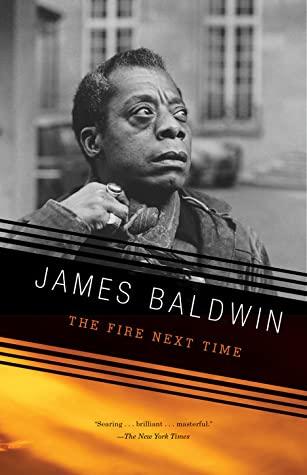
I’m not going to review those books, but I will talk a little bit about what I’ve taken away from them. I feel they’ve been helpful in giving me a way to talk about race, and to think about my own feelings. In the past I’ve been afraid to broach the topic at all, and that’s a problem. I recently took a new job where I’ll be supervising a group of diverse employees, and I’ve learned from experience that ignoring race isn’t helpful. I can’t pretend to be race-blind or completely non-biased.
So You Want to Talk About Race is a book I would highly recommend to anyone who wants to read on this topic. Oluo discusses a range of issues in a thoughtful but also personal way, sharing her own experiences as a black woman. I was particularly struck by her description of what it was like learning to drive, and experiencing being pulled over by police again and again, sometimes for driving just one mile over the speed limit, or for having tags that were close to expiring. When I compared that with my own experience of having never been ticketed (and I do not consider myself a particularly good driver) I was shocked and saddened.
White Fragility is written by a white woman who leads seminars on addressing race issues in the workplace. She regularly talks with people about their perceptions of race, and her book provides helpful ways for white people to consider their own biases. Her book is highly regarded by many, but it’s also been criticized; it oversimplifies some issues and is quite repetitive. That said, I found her book helpful, because of her frame of reference as a workplace trainer, and because I saw myself in much of what she talked about.
I also found The Fire This Time meaningful and relevant. It’s a collection of essays inspired by James Baldwin’s classic work, compiled in 2016 to address incidents of police violence like the shooting of Michael Brown in Ferguson, Missouri. Reading this today, I found it so disturbing that despite all the protests, nothing seems to be getting better. As with any book of essays, some resonate more than others. I was particularly struck by an essay by Garnette Cadogan about walking as a black man in Jamaica and New Orleans. Like driving, the experience of walking down a street is completely different depending on whether you’re black or white.That feels so wrong to me.
So here are some of the things these books have made me think about – and resolve to do better:
- Don’t be defensive and don’t assume I understand. DiAngelo talks about how every progressive white person thinks they understand the experiences of black people, but we don’t. For example, just because I had family die in the Holocaust, or because I grew up wearing thrift store clothing, or because I’ve had jobs where I was nearly the only white person — those experiences may have shaped who I am, but they don’t mean I understand what it means to be black.
- Be aware of privilege. I may have experienced discrimination but I’m also privileged in ways I haven’t been aware of. It’s time to be aware. Learning to drive without being afraid of being shot was a privilege. Having teachers go easy on me when I did something wrong was a privilege. Not having people question whether I’m capable of a job based on my name or skin color is a privilege.
- Good intentions aren’t enough. White people make the mistake of thinking if their intentions are good, that’s the important thing. These books have made me realize that’s not the case. Maybe my intentions are good, but if I say something that seems racist, I need to apologize and listen. I know I won’t always say the right thing, but if something I say bothers someone, I need consider why they are upset and take responsibility instead of explaining why I meant well.
- Don’t expect black people to educate me about race.
- Learn the history of racism in this country that’s been covered up or ignored, like the massacre in Tulsa in 1921and the history of voting suppression, lynching, and forced labor.
Two other books on this subject I recommend often (but read before 2020) are Just Mercy by Bryan Stevenson and Why Are All the Black Kids Sitting Together in the Cafeteria? by Beverly Tatum. I’m currently reading Why I’m No Longer Talking to White People about Race by Renni Eddo-Lodge, about racism in Britain.
The more I read on this subject, the more I feel I need to learn. I know a lot of other bloggers have been reading and writing about this topic as well. What books on racial issues do you recommend?

